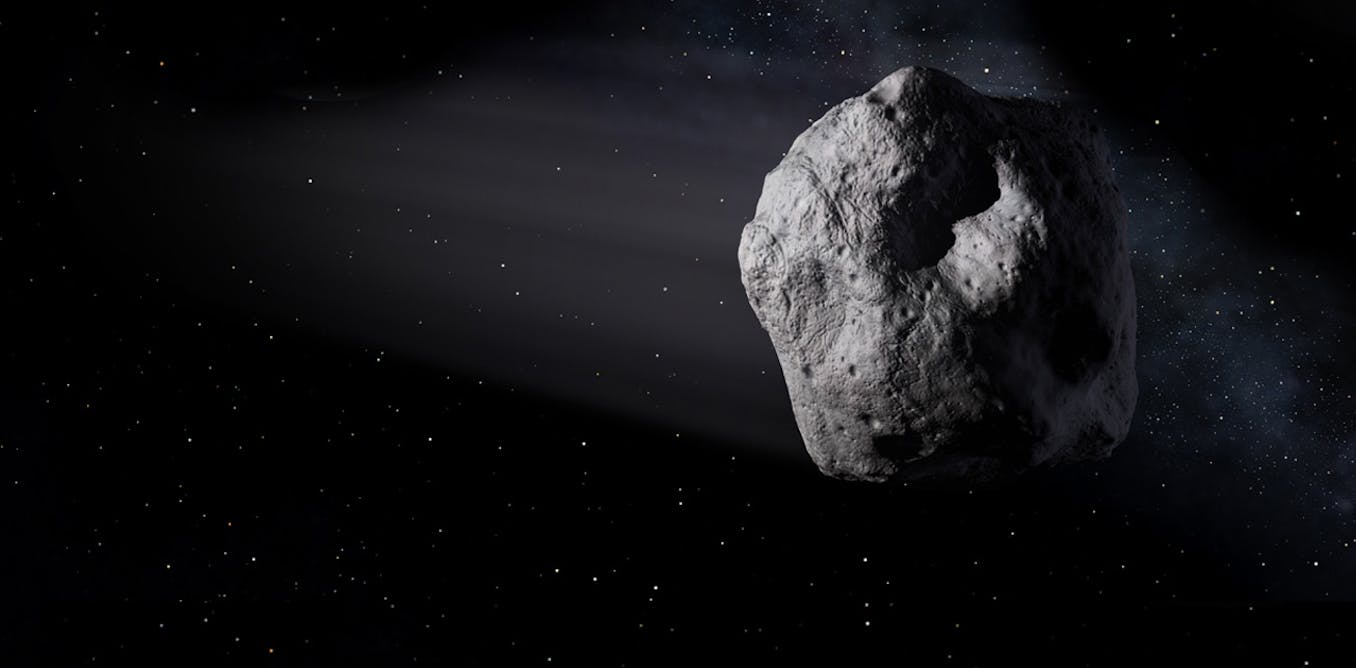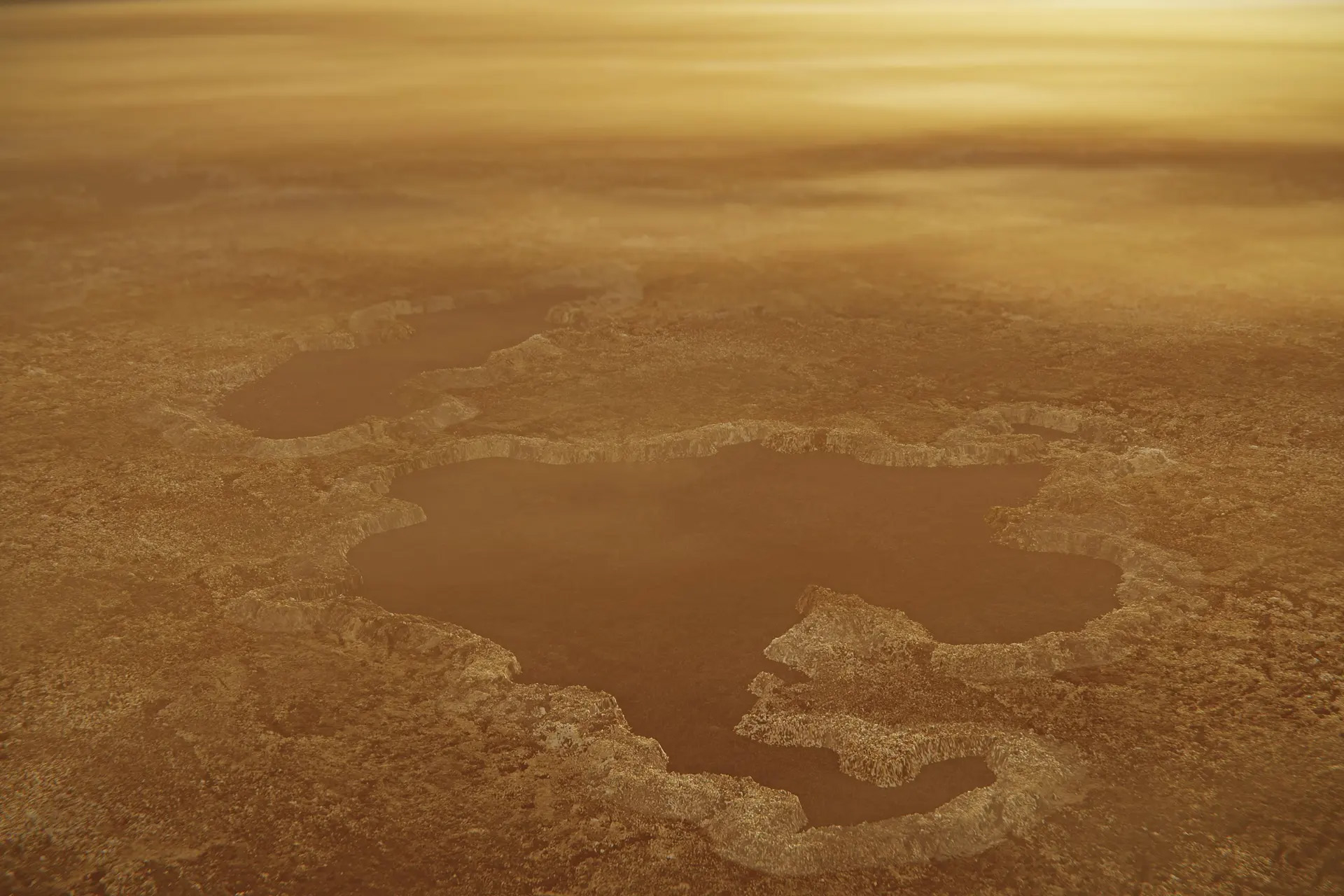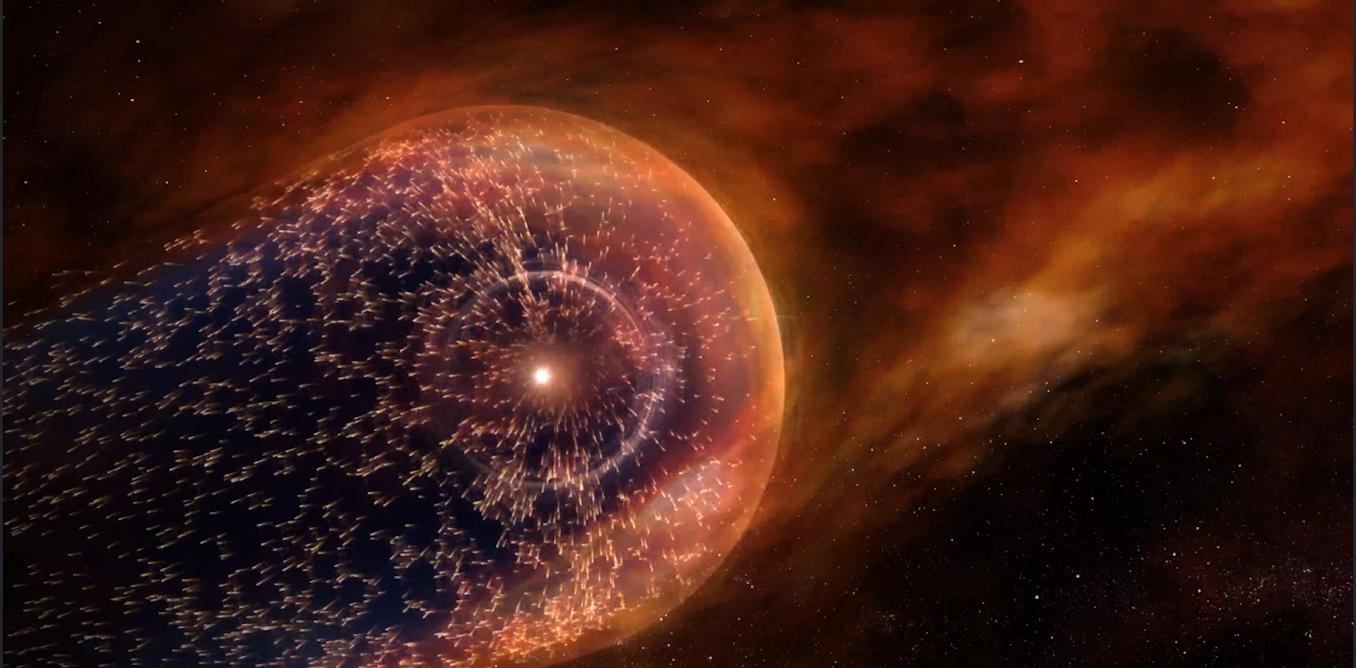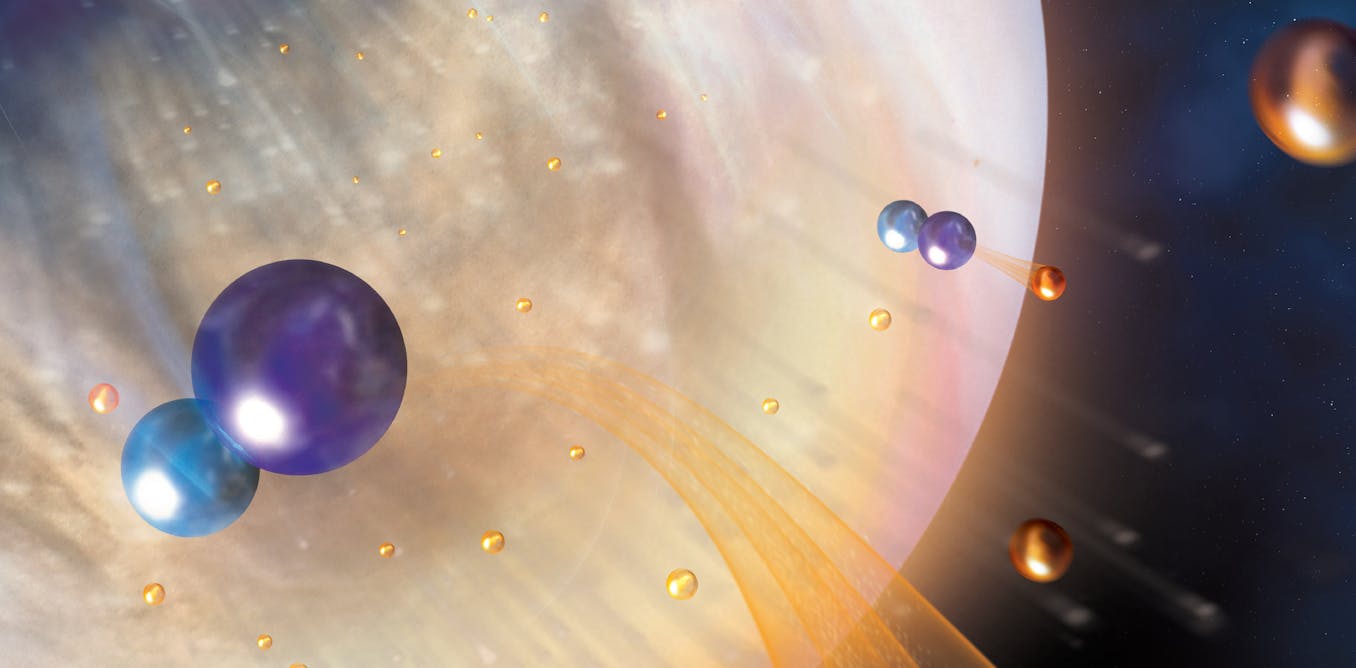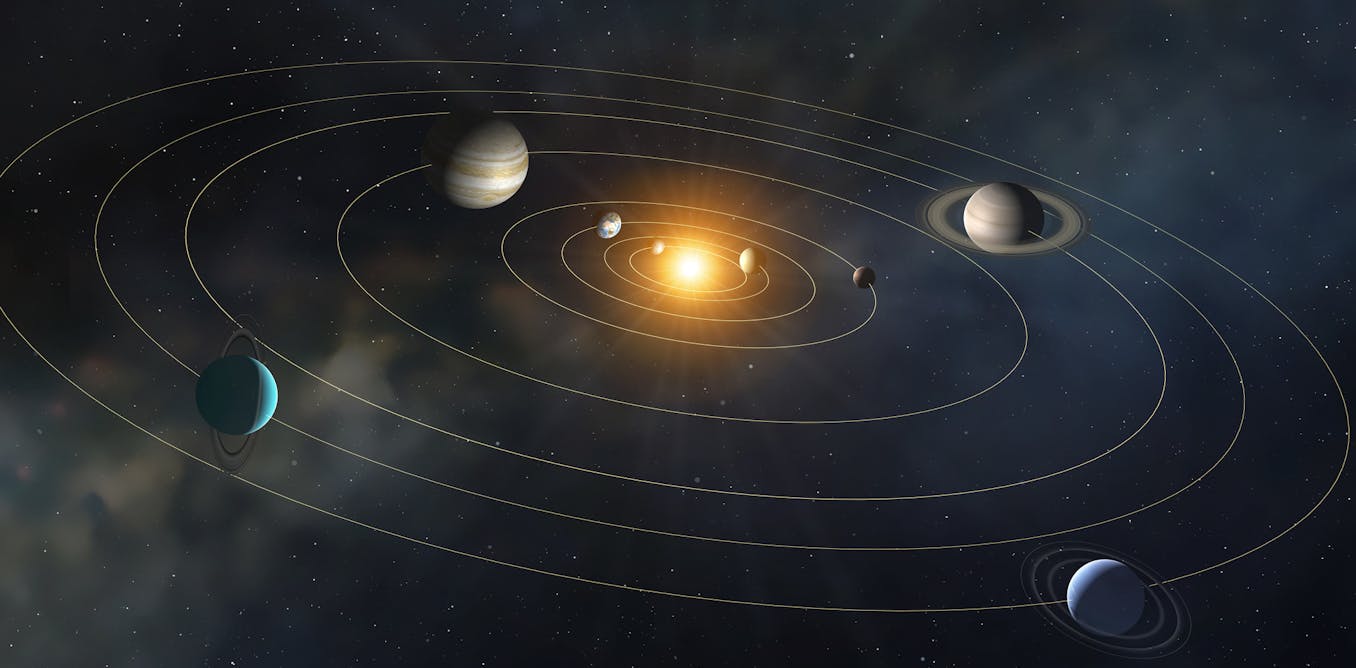Astronomers are getting better at detecting asteroids before they hit Earth – and it could save us from catastrophe
This month, they spotted just the ninth asteroid to be detected before impact with Earth.
Daniel Brown, Lecturer in Astronomy, Nottingham Trent University •
conversation
Sept. 16, 2024 • ~7 min
Sept. 16, 2024 • ~7 min
Ancient grains of dust from space can be found on Earth − and provide clues about the life cycle of stars
Most presolar grains were destroyed in the formation of the universe. But some survived on meteorites.
Sachiko Amari, Research Professor of Physics, Washington University in St. Louis •
conversation
Aug. 7, 2024 • ~3 min
Aug. 7, 2024 • ~3 min
Scientists call the region of space influenced by the Sun the heliosphere – but without an interstellar probe, they don’t know much about its shape
An interstellar probe could help scientists answer fundamental questions about how the Sun influences Earth, space and other planets in the solar system.
Sarah A. Spitzer, Research Fellow in Climate and Space Sciences and Engineering, University of Michigan •
conversation
June 7, 2024 • ~9 min
June 7, 2024 • ~9 min
Venus is losing water faster than previously thought – here’s what that could mean for the early planet’s habitability
Studying Venus’ water loss can help scientists better understand how planets go from potentially habitable to incapable of supporting life.
Eryn Cangi, Research Scientist in Astrophysical & Planetary Sciences, University of Colorado Boulder •
conversation
May 6, 2024 • ~8 min
May 6, 2024 • ~8 min
Why there may be oceans inside dwarf planets beyond Pluto – and what this means for the likely abundance of life
The Solar System could be awash with oceans, not on the surface but hidden inside the most surprising bodies
David Rothery, Professor of Planetary Geosciences, The Open University •
conversation
April 4, 2024 • ~8 min
April 4, 2024 • ~8 min
Earth isn't the only planet with seasons, but they can look wildly different on other worlds
You might hate winter, but at least you know what to expect every year. Other planets have wobbly axes that lead to wild, unpredictable seasons.
Gongjie Li, Assistant Professor of Physics, Georgia Institute of Technology •
conversation
Jan. 10, 2024 • ~8 min
Jan. 10, 2024 • ~8 min
/
10


